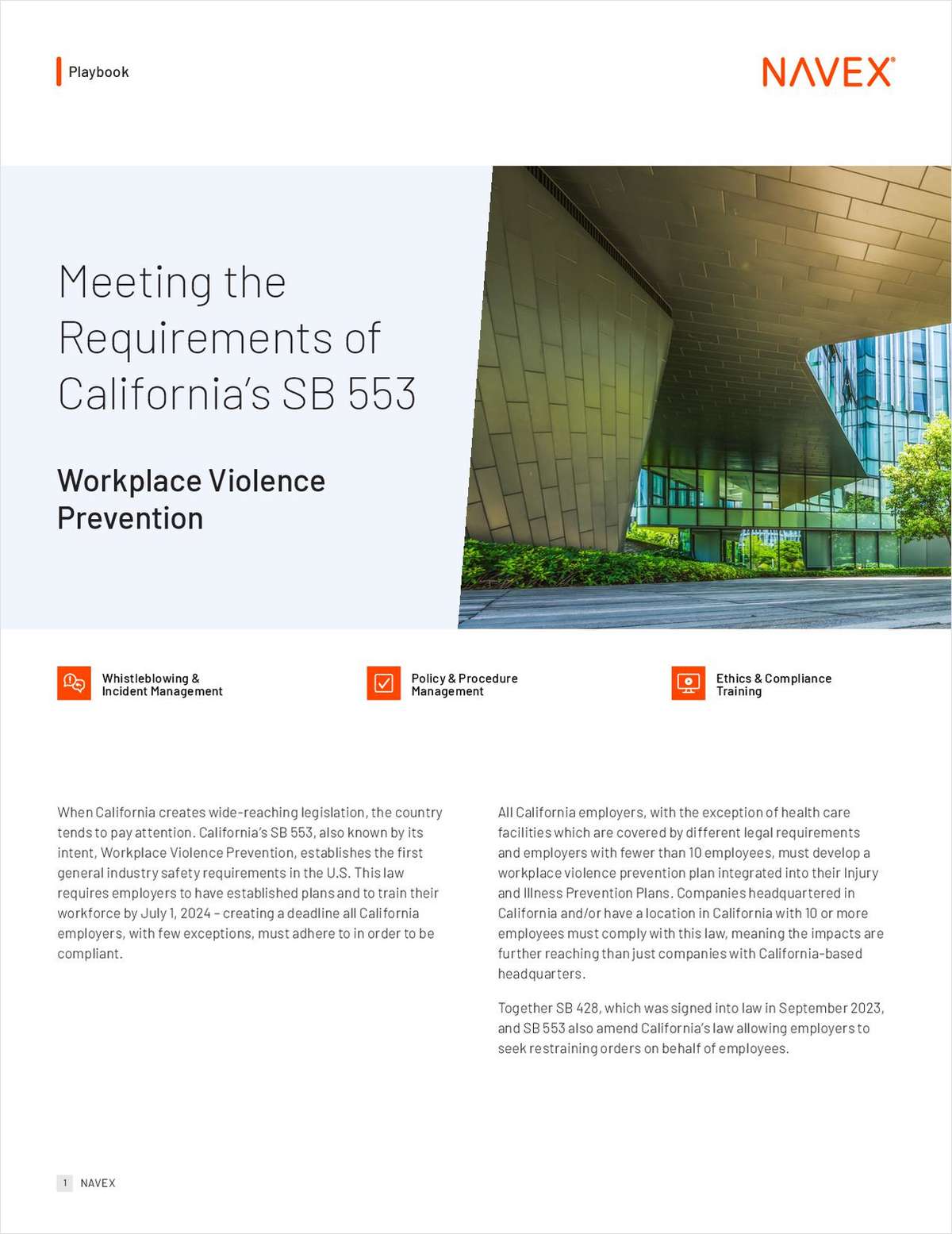 Photo: Shutterstock
Photo: Shutterstock Court Hearing Census Suit Can't Weigh Ross' Reports to Congress, Administration Says
“Well-settled law, plain statutory text, and the Census Act's legislative history all establish thesame conclusion: [the statute] is a reporting requirement reviewable by Congress, not the Court,” the DOJ wrote in its brief.
December 06, 2018 at 02:19 PM
6 minute read
The original version of this story was published on New York Law Journal
The Trump administration is making a new legal argument—that the federal courts lack jurisdiction to evaluate the propriety of Commerce Department actions—in the days leading up to a decision in the New York attorney general's bid to stop it from asking all U.S. Census respondents to state their citizenship status.
Attorneys with the U.S. Department of Justice said in a posttrial brief filed this week that U.S. Commerce Secretary Wilbur Ross acted appropriately within a section of federal law outlining reporting requirements for changes to the census, and that even if he did not, the federal court is not in a position to review his actions.
“Well-settled law, plain statutory text, and the Census Act's legislative history all establish the same conclusion: [the statute] is a reporting requirement reviewable by Congress, not the Court,” the DOJ lawyers wrote in its brief.
The plaintiffs in the case, a coalition of states and immigrants' rights groups, conceded in their own brief this week that there are exceptions where some statutes preclude judicial review under the Administrative Procedure Act, the law they largely base their case on. But this is not one of them, they argued.
There are, at the very least, certain provisions in the Census Act that merit judicial review in this case, the plaintiffs said.
“The Court may assess Defendants' disregard for these provisions of the Census Act in concluding that the Secretary's decision to add a citizenship question was 'not in accordance with law' as required by the APA,” the plaintiffs wrote.
U.S. District Judge Jesse Furman is set to make a decision in the coming weeks in the case, which alleges that the Trump administration did not go through the proper channels to reinstate a question about citizenship to the next census. The plaintiffs have argued that adding the question would have adverse ramifications on states with large immigrant populations, like New York.
Among those consequences could be a decrease in the number of representatives those states have in Congress and the Electoral College, the plaintiffs have argued. It could also mean less federal funding in areas like education and health care for those states.
The Trump administration revived its response to that argument in its brief, which also argued that the plaintiffs could not possibly tie its decision to ask about immigration status to their predicted result. If anything, the administration argued, those claims could be traced to a number of factors outside its control.
“[The DOJ] explained in their post-trial brief that the evidence presented at trial demonstrated that Plaintiffs' alleged harm due to the general macro environment cannot be fairly traced to the Secretary's decision to include a citizenship question on the 2020 decennial census,” the DOJ wrote. “Plaintiffs have not proved that their purported future injuries can be fairly ascribed to a citizenship question on the 2020 Census.”
The lawsuit was brought against the Trump administration earlier this year by New York Attorney General Barbara Underwood, who is leading 18 state attorneys general in the litigation. That was consolidated for trial with another lawsuit from the New York Immigration Coalition on the same issue. The latter group is represented by the New York Civil Liberties Union, the American Civil Liberties Union, and Arnold & Porter Kaye Scoler.
The plaintiffs attempted to flip the Trump administration's traceability argument on its head in their brief this week. They argued that attorneys for the administration, instead, had not provided any evidence that a potential undercount on the census would be caused by factors other than the decision to ask about citizenship on the survey.
“Defendants offered no evidence to suggest that all individuals who will be deterred by citizenship question would have refused to respond to the census in any event because of the macro environment alone,” the plaintiffs wrote. “To the contrary, the evidence showed that adding a citizenship question in the current macro environment will have the effect of exacerbating the decline in self-response rates.”
Their strategy during trial was to include the testimony of several expert witnesses who argued that a question about citizenship would lead to fewer immigrants choosing to participate in the census, which would lead to a lower recorded population.
The Trump administration has said the U.S. Census Bureau plans to use several different methods to collect that data, including home visits to nonresponders and other additional means. It has also argued that individuals who refuse to respond to the census could face a fine, which would encourage participation.
But research from the Census Bureau, and employees of the agency, has pointed to an expected decrease in census participation because of the question about citizenship, the plaintiffs wrote this week. That alone should show the Trump administration's culpability in a potential undercount, they argued.
“As Defendants' own research findings and expert witness acknowledge, the addition of a citizenship question will cause a foreseeable decline in self-response rates and predictable resource expenditures by Plaintiffs,” the brief said. “The factual record therefore establishes that Plaintiffs have shown that their injuries are fairly traceable to Defendants' decision.”
Senior trial counsel Elena Goldstein and Executive Deputy Attorney General Matthew Colangelo are leading the case for New York. Kate Bailey is the lead attorney for the Trump administration in the matter. A decision from Furman is expected in the coming weeks after a trial on the lawsuit ended in late November.
READ MORE:
This content has been archived. It is available through our partners, LexisNexis® and Bloomberg Law.
To view this content, please continue to their sites.
Not a Lexis Subscriber?
Subscribe Now
Not a Bloomberg Law Subscriber?
Subscribe Now
NOT FOR REPRINT
© 2024 ALM Global, LLC, All Rights Reserved. Request academic re-use from www.copyright.com. All other uses, submit a request to [email protected]. For more information visit Asset & Logo Licensing.
You Might Like
View All
Google Fails to Secure Long-Term Stay of Order Requiring It to Open App Store to Rivals

Orrick Secures Summary Judgment for RingCentral in Privacy Class Action

NY Lateral Partner Moves Spike, Especially in PE and Funds Practices

'That's Not the Job' for the DOL: Crop of Suits Against Biden Administration
6 minute readTrending Stories
- 1The Law Firm Disrupted: Playing the Talent Game to Win
- 2A&O Shearman Adopts 3-Level Lockstep Pay Model Amid Shift to All-Equity Partnership
- 3Preparing Your Law Firm for 2025: Smart Ways to Embrace AI & Other Technologies
- 4BD Settles Thousands of Bard Hernia Mesh Lawsuits
- 5A RICO Surge Is Underway: Here's How the Allstate Push Might Play Out
Featured Firms
Law Offices of Gary Martin Hays & Associates, P.C.
(470) 294-1674
Law Offices of Mark E. Salomone
(857) 444-6468
Smith & Hassler
(713) 739-1250








